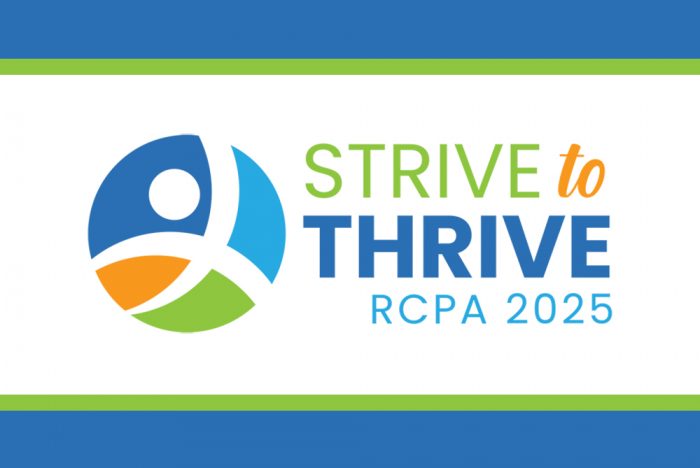Pharmacists on the Frontlines: Expanding the Reach of Care Teams
Free RCPA Members-Only Webinar
Tuesday, July 8, 2025
10:00 am – 11:00 am
Register Here
Pharmacists play a vital role in improving patient outcomes through enhanced adherence strategies and collaboration with healthcare teams. This session will explore how pharmacy teams support prescribers with patient-centered services, such as medication monitoring, adherence programs, and injection administration. Attendees will gain insights into real-world approaches that strengthen care coordination and reduce treatment barriers. Through case studies and success stories, this workshop will highlight the tangible impact of pharmacy-led interventions on patient health. Whether optimizing medication management or enhancing continuity of care, pharmacists are essential partners in driving better outcomes.
Presenters:
James Steigerwalt, PharmD, Pharma Clinical Director, Altuix
Dan Kohler, PharmD, Pharmacy Manager, Altruix
Objectives: Following this course, the learner will:
- Define the pharmacist’s role in the healthcare team, focusing on strategies that improve medication adherence, enhance care coordination, and drive better patient outcomes;
- Evaluate how pharmacy teams collaborate with prescribers through patient support services, medication monitoring, and administration of long-acting injectables; and
- Analyze real-world success stories to identify best practices and measurable impacts on patient care.
Certificates of attendance are available to RCPA members who attend this webinar; anyone interested in a certificate should contact Cathy Barrick. To apply for CEs, you will need to register for the RCPA Annual Conference Strive to Thrive and indicate you attended the webinar in your CE packet, which will be made available on the mobile app.
Contact Carol Ferenz, Conference Coordinator, for details, or visit the RCPA Conference website for information on workshops, sponsors, exhibitors, and more!
















